Filter by
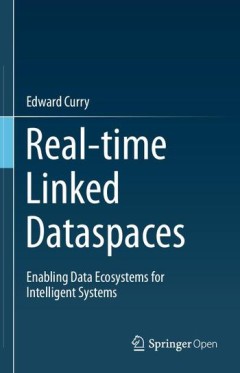
Real-time linked dataspaces : enabling data ecosystems for intelligent systems
This open access book explores the dataspace paradigm as a best-effort approach to data management within data ecosystems. It establishes the theoretical foundations and principles of real-time linked dataspaces as a data platform for intelligent systems. The book introduces a set of specialized best-effort techniques and models to enable loose administrative proximity and semantic integratio…
- Edition
- -
- ISBN/ISSN
- 9783030296650
- Collation
- xxiii, 325p. : ill.
- Series Title
- -
- Call Number
- 005.7565 CUR r

Higher education reforms in Romania
Romania is an active player in various international higher education areas, while undergoing a series of higher education reforms within its national framework. The Higher Education Evidence Based Policy Making: a necessary premise for progress in Romania project was implemented by the Executive Agency for Higher Education, Research, Development and Innovation Funding (UEFISCDI) in the timefra…
- Edition
- -
- ISBN/ISSN
- 9783319080536
- Collation
- pages cm
- Series Title
- -
- Call Number
- 370 CUR h
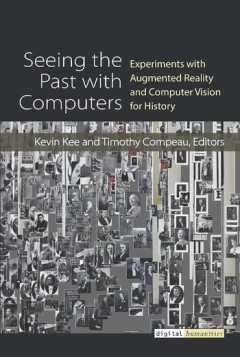
Seeing the past with computers : experiments with augmented reality and compu…
Recent developments in computer technology are providing historians with new ways to see—and seek to hear, touch, or smell—traces of the past. Place-based augmented reality applications are an increasingly common feature at heritage sites and museums, allowing historians to create immersive, multifaceted learning experiences. Now that computer vision can be directed at the past, research …
- Edition
- -
- ISBN/ISSN
- 9780472131112
- Collation
- vi, 247p. : ill.
- Series Title
- -
- Call Number
- 001.30285 SEE s

Printing and prophecy : prognostication and media change, 1450-1550
Printing and Prophecy: Prognostication and Media Change 1450-1550 examines prognostic traditions and late medieval prophetic texts in the first century of printing and their effect on the new medium of print. The many prophetic and prognostic works that followed Europe's earliest known printed book---not the Gutenberg Bible, but the Sibyl's Prophecy, printed by Gutenberg two years earlier and k…
- Edition
- -
- ISBN/ISSN
- 9780472117833
- Collation
- xi, 265p. : ill.
- Series Title
- -
- Call Number
- 261.51309409024 GRE p
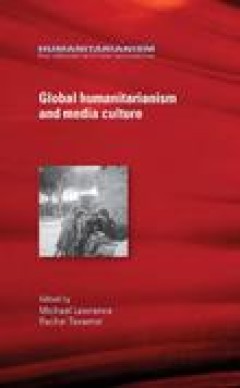
Global humanitarianism and media culture
There is as yet no collection that examines the longer histories of global humanitarianism and media culture, which would enable readers to consider the various continuities, as well as the differences, characterising the mass media’s relationship with international humanitarian crisis and relief. This collection examines this relationship from the 1950s to the present, from Marshall Plan doc…
- Edition
- -
- ISBN/ISSN
- 9781526117298
- Collation
- -
- Series Title
- -
- Call Number
- 306.4 LAW g
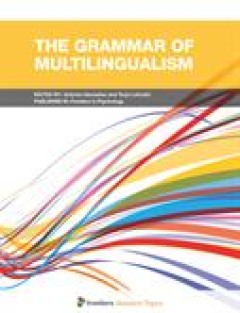
The Grammar of multilingualism
This volume investigates the nature of grammatical representations in speakers who master multiple languages. Since the early days of modern formal approaches to grammar, most work has been based on the language of monolingual humans. Less work has been conducted based on data from speakers who possess more than one language. Although important insights have been gained from a monolingual focus…
- Edition
- -
- ISBN/ISSN
- 9782889450121
- Collation
- 195 p.; 22 cm.
- Series Title
- -
- Call Number
- 401.43 ALE g
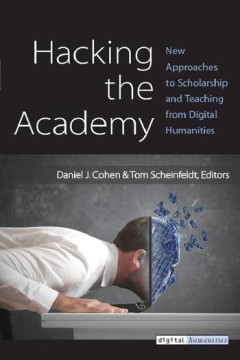
Hacking the academy : new approaches to scholarship and teaching from digital…
An exploration of ongoing efforts to rebuild scholarly infrastructure
- Edition
- -
- ISBN/ISSN
- 9780472071982
- Collation
- 168p. : ill.
- Series Title
- -
- Call Number
- 001.2 HAC h
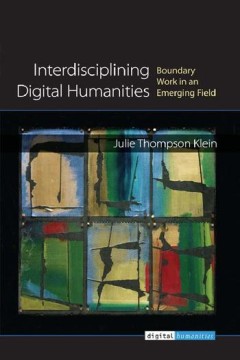
Interdisciplining digital humanities : boundary work in an emerging field
The first book to test the claim that the emerging field of Digital Humanities is interdisciplinary and also examines the boundary work of establishing and sustaining a new field of study
- Edition
- -
- ISBN/ISSN
- 9780472072545
- Collation
- xiii, 201p. : ill.
- Series Title
- -
- Call Number
- 001.30285 KLE i
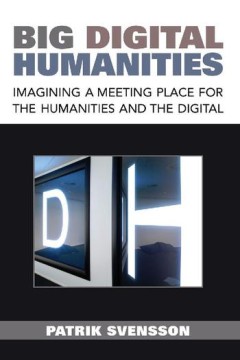
Big Digital Humanities : imagining a meeting place for the humanities and the…
Big Digital Humanities has its origins in a series of seminal articles Patrik Svensson published in the Digital Humanities Quarterly between 2009 and 2012. As these articles were coming out, enthusiasm around Digital Humanities was acquiring a great deal of momentum and significant disagreement about what did or didn’t “count” as Digital Humanities work. Svensson’s articles provided a w…
- Edition
- -
- ISBN/ISSN
- 9780472073061
- Collation
- xx, 279p. : ill.
- Series Title
- -
- Call Number
- 001.30285 SVE b
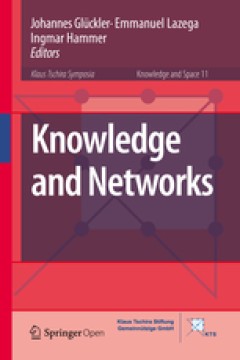
Knowledge and networks
This book discusses a core question in many fields of the social sciences, namely how to create, share and adopt new knowledge. It creates an original space for conversation between two lines of research that have developed largely in parallel for a long time: social network theory and the geography of knowledge. This book considers that relational thinking has become increasingly important for…
- Edition
- -
- ISBN/ISSN
- 9783319450230
- Collation
- XII, 386 p.
- Series Title
- Knowledge and Space
- Call Number
- 304.2 GLU k
 Computer Science, Information & General Works
Computer Science, Information & General Works  Philosophy & Psychology
Philosophy & Psychology  Religion
Religion  Social Sciences
Social Sciences  Language
Language  Pure Science
Pure Science  Applied Sciences
Applied Sciences  Art & Recreation
Art & Recreation  Literature
Literature  History & Geography
History & Geography